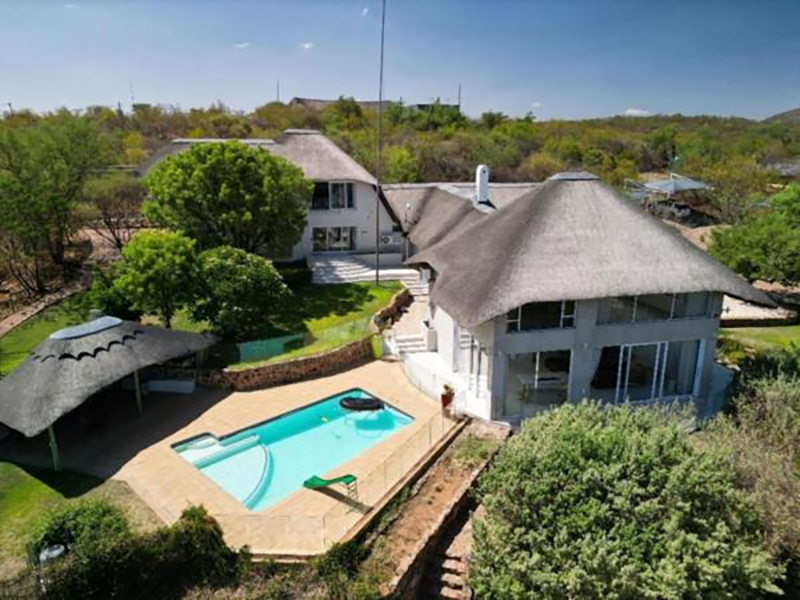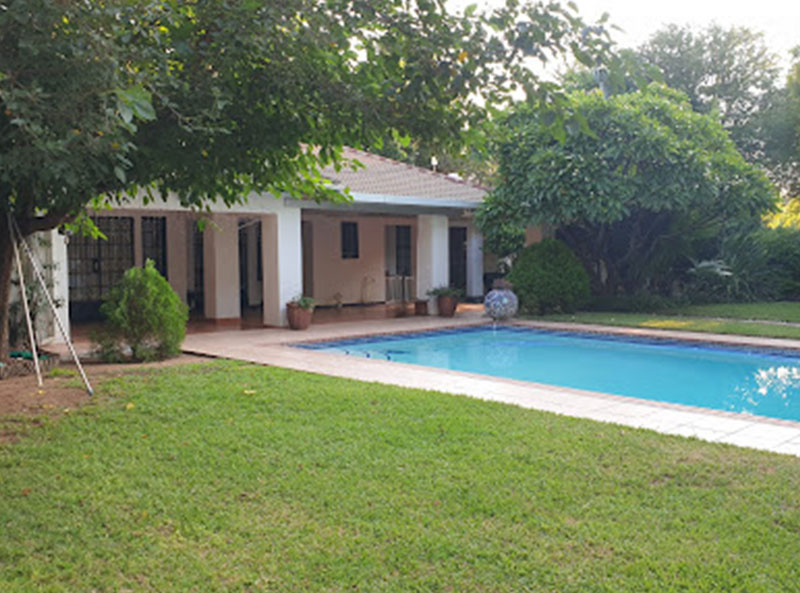Buying property in Botswana can offer strong returns and lifestyle benefits—but navigating the legal landscape requires clarity. Keeping pace with changes in Botswana property law for 2025 is especially important for first-time and foreign buyers. Here are the three core legal principles to understand before making any investment.
1. Title and Ownership Types
Under Botswana property law, land and homes can be held as freehold or leasehold. Freehold grants outright ownership with full title rights. Leasehold is common on tribal or communal land under tribal or customary tenure, often issued as long leases (e.g. 49 or 99 years).
Freehold title is generally required for commercial or high-value residential purchases. Tribal or residential leasehold may be more complex, involving local land boards and permissions. Prospective buyers should have a formal land survey, clear title deeds, and confirmation of zoning to ensure safe tenure.
2. Conveyancing and Due Diligence Essentials
The transfer process under Botswana property law involves licensed conveyancers, a title search at the Deeds Registry, and compliance with national tax obligations. Buyers must undertake the following steps:
- Execute a formal sale agreement, ideally with legal counsel.
- Request a title search to confirm ownership and check encumbrances—outstanding mortgages, caveats, or restrictions.
- Pay transfer duties (between 5–7% depending on purchase price) and registration fees.
- Complete the transfer through the Deeds Registry to receive final deeds in the buyer’s name.
Failing to follow these steps correctly can result in disputed claims, delays, or potential legal consequences. Each step is essential under current Botswana property law.
3. Foreign Ownership Restrictions and Guidelines
Foreign individuals face specific rules under Botswana property law. Non-citizens may acquire property only via formal permissions when purchasing freehold land, particularly for residential or investment use. The process generally includes:
- Submission of identification and proof of legal status
- Payment of additional duties or levies (higher than for citizens)
- Approval from the Ministry of Local Government, Land, and Housing
Moreover, foreign companies must demonstrate company registration with local presence and can only acquire property for corporate use. For residential investors, long-term leasehold structures are often the preferred and legally compliant route.
Why These Rules Matter
Understanding these elements of Botswana property law helps new buyers make sound decisions:
- Ensure clear title and ownership compliance
- Guarantee lawful and tax-compliant property transfer
- Protect rights as a foreign or local investor under national regulation
Mishandling any of these legal points—property rights, conveyancing, or foreign investment restrictions—can impact resale, financing options, or even residency eligibility in some cases.
Final Thoughts
As Botswana’s property market continues to grow in 2025, staying informed on Botswana property law remains essential. Freehold versus leasehold options, proper legal transfer processes, and foreign ownership restrictions define the buying landscape. With the right legal advice, buyers—whether local or international—can invest confidently and avoid missteps.
For detailed property listings, legal guides, and tax updates in Botswana, explore African Property Portal’s Botswana section.
Are you thinking about buying property in Botswana? Share your questions or experiences below—your comments can help others navigate Botswana property law and make informed decisions!





